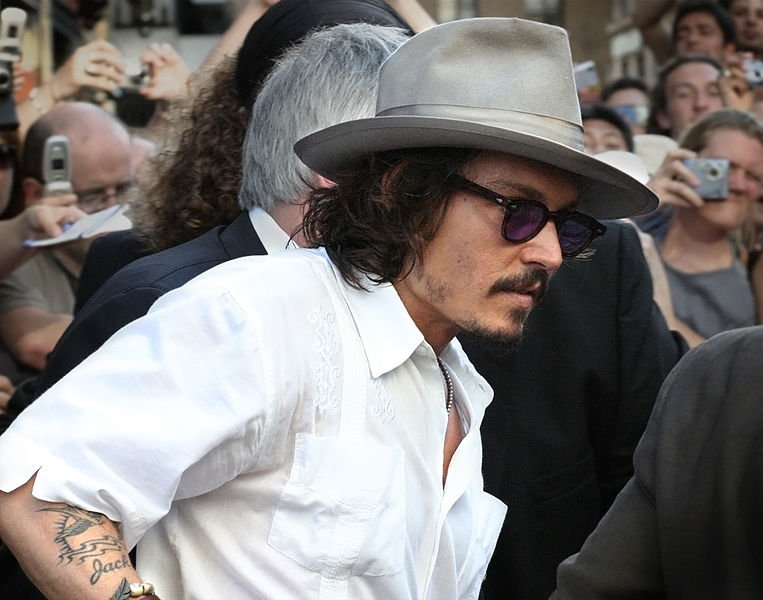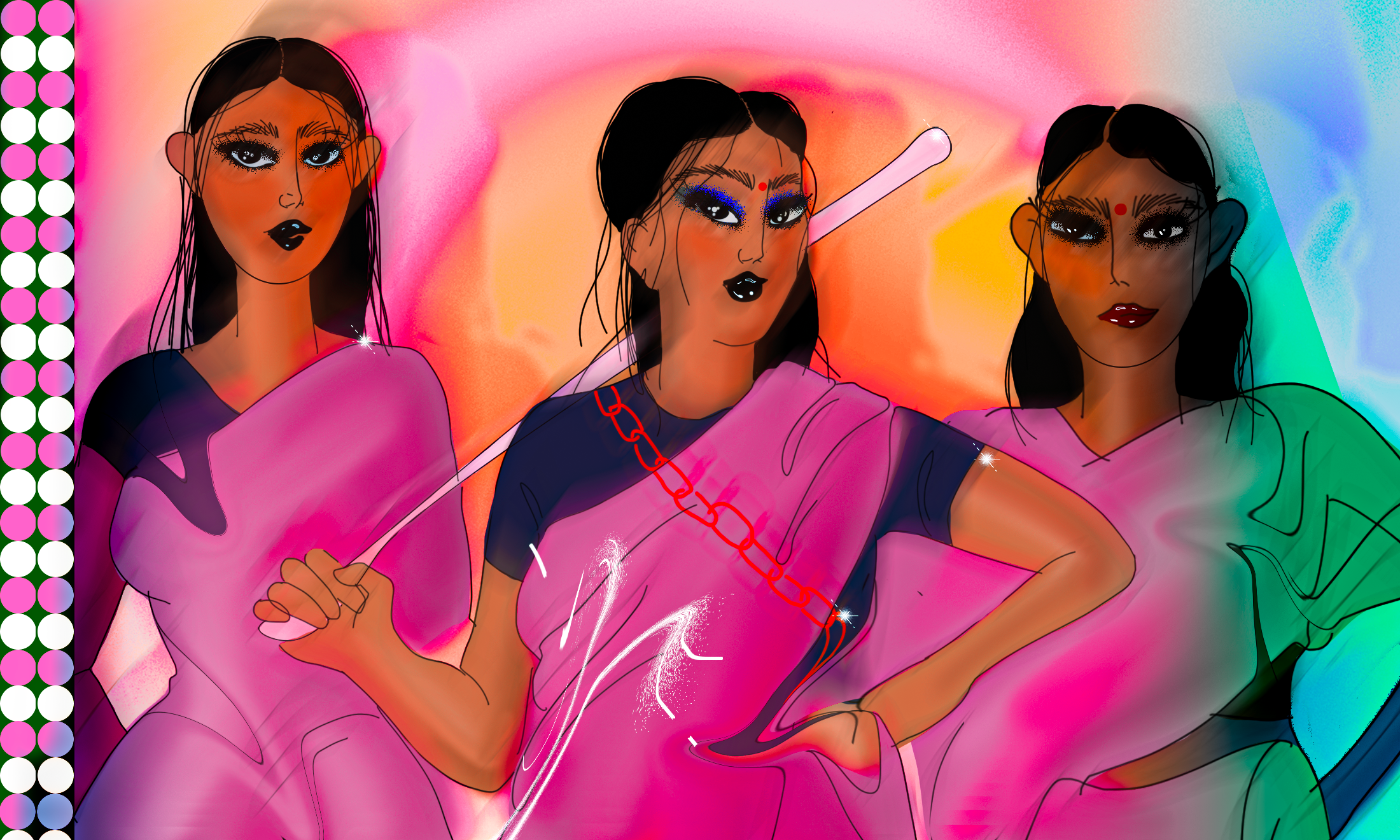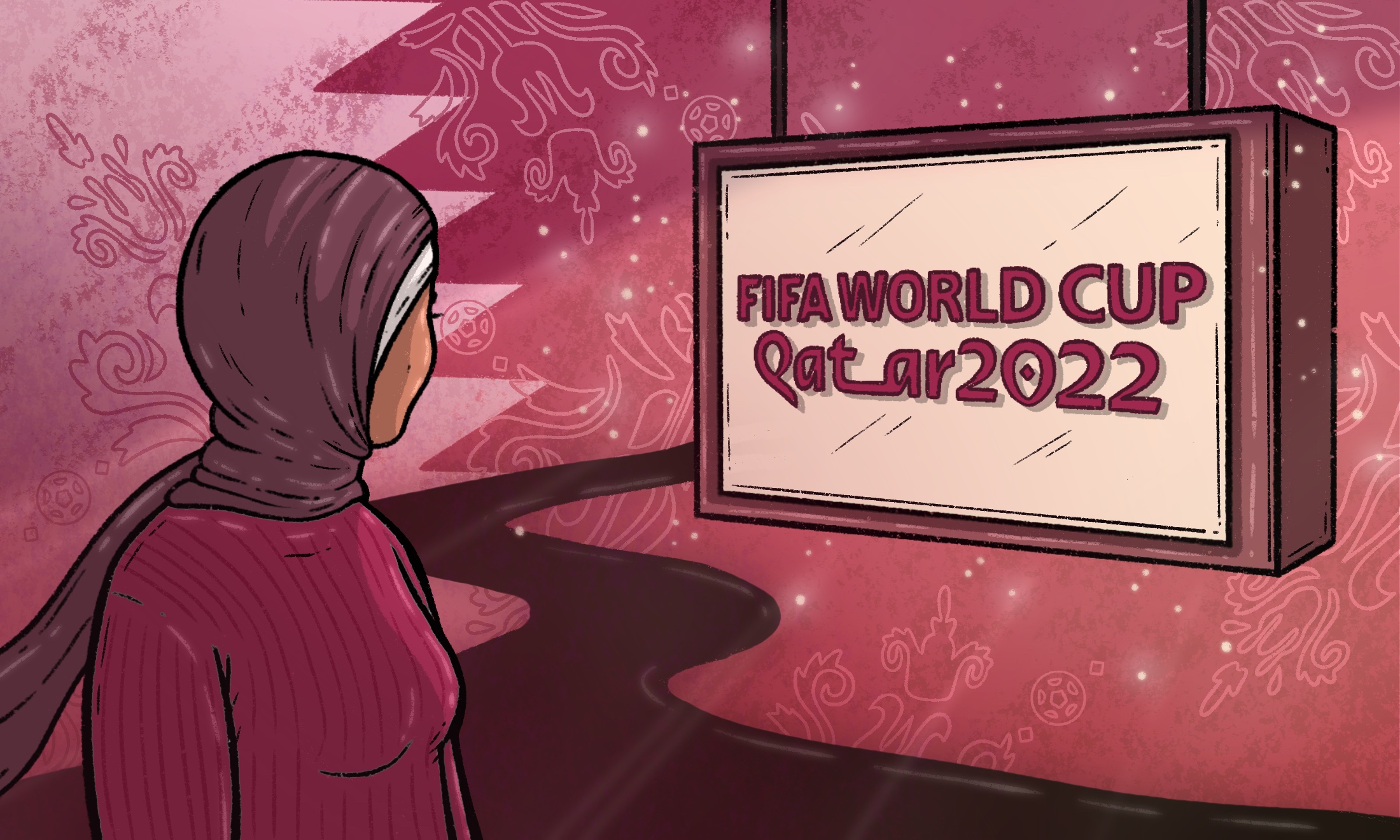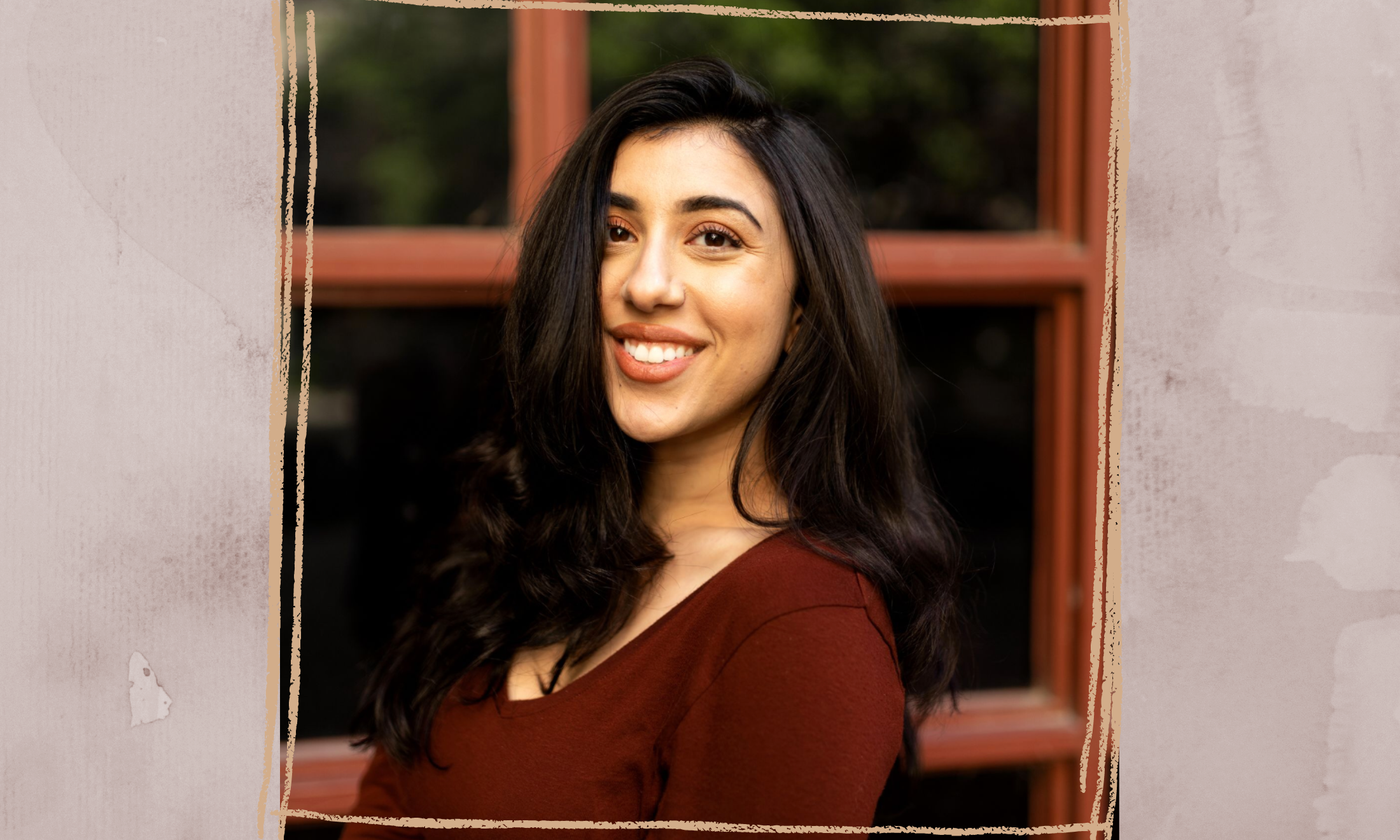
Image by Caroline Bonarde Ucci/Wikimedia Commons
When I grow up I want to be a wealthy caucasian man, because holding the keys to white supremacy in the dusty palm of your pale ashy hand must be one hell of a trip. Imagine acting however you want, safe in the knowledge of your complete and utter impunity. Imagine never worrying that the consequences of your behaviour will catch up with you and ruin your career and any future job prospects. Imagine, I guess, being Johnny Depp.
In May 2016, Depp’s ex-partner Amber Heard filed for divorce and sought a restraining order, after reporting that he had assaulted her by throwing a phone at her face. Heard submitted photographic evidence depicting her facial injuries and smashed wine bottles which she described as being part of a pattern of domestic abuse perpetrated by Depp. The divorce was settled in August 2016, the night before a scheduled court hearing which would have made public the details of the domestic abuse case Heard had filed against Depp. On the same day, Heard filed for a retraction of the restraining order as part of her $7m settlement, the total sum of which she donated to a handful of charities, with “a particular focus to stop violence against women”.
“It is starkly clear that the old adage that women who accuse men of assault ‘ruin their careers’ is wildly untrue”
Since the divorce, Heard has continued to speak out about domestic violence, including in a video project for #girlgaze, where she explained that she “felt compelled to use her platform to give a voice to others“. In an open letter published in Porter magazine in December 2016, Heard addressed “silent sisters everywhere”, writing that “When a woman comes forward to speak out about injustice or her suffering, instead of aid, respect and support, she will be met with hostility, skepticism and shame”.
Meanwhile, instead of – I don’t know – taking a hot sec’ to evaluate and atone for his behaviour, Depp has continued to shamble his way through six feature films and three further films which are in post-production, as well as starring in a perfume campaign for Dior. In a week where it was revealed that the UK’s Crown Prosecution Service has been systematically avoiding convicting men for serious sexual assaults if they are “at the start of their adult life”, it is starkly clear that the old adage that women who accuse men of assault ‘ruin their careers’ is, as we all knew it to be, wildly untrue.
So then imagine the depth and ferocity of my eye roll when I discovered that on Tuesday a long-form interview with Depp, frothing with delicate pathos and thinly-veiled breathless admiration, had been published in British GQ. In the article, GQ’s Features Director Jonathan Heaf explains: “All I wanted to do was come to Depp and ask him to give his side of the story, which up until now has not been properly heard.” Where were the screaming hordes demanding to hear Depp’s version of events; did I miss something? Considering that Heaf’s visit to Depp’s French compound was conducted on the request of a PR firm which “specialises in dealing with crisis management for companies and high-net-worth individuals”, it seems more likely that the writer was, unfortunately, little more than a pawn in a flailing damage limitation exercise.
“Heaf’s depiction of Depp as a tortured genius, a kook, and a misunderstood artiste is the most tired trope in the book”
“I’ve got nothing to prove to anyone” says Depp, in an article in a publication with a readership of 4.1 million. For a man who name drops his mostly deceased famous mates (Allen Ginsberg, Bob Dylan, Marlon Brando, Hunter S Thompson and Patti Smith among others) like he’s playing artistic icon bingo, he certainly sounds like he might have something to prove. Heaf’s depiction of Depp as a tortured genius, a kook, and a misunderstood artiste is the most tired trope in the book. “Is Johnny Depp simply a man who has been wronged and harbours a genuine desire to set out to protect his name[?]”, Heaf ponders, “[or] is this a man who […] desperately wants to be free of responsibility, something that might be mistaken for isolation and eccentricity but is actually something closer to a belief in romantic rebellion?”.
Nonetheless, whatever PR exercise Depp’s team is conducting doesn’t play out particularly well. When asked about the time he threatened journalists with a plank of wood and reportedly ended up spending four hours in jail after they tried to take a photo of his then-pregnant girlfriend Vanessa Paradis, he rants: “I did what I had to do […] I said ‘Take a fucking picture because then I’ll stove your fucking head in […] I will eat your nose. I will eat your nose, chew it up and swallow it in front of you and then you’ll fucking think about it next time.” On the allegations Heard made against him, he comments: “Ultimately, the truth will come out in all of this and I will be standing on the right side of the roaring rapids.” The ‘roaring rapids’ have so far not materialised in the way Depp might have liked; in Heard’s open letter in Porter she presciently reflects, a year before #metoo blows up on Twitter, that despite the many obstacles that exist for survivors thinking about disclosing violence, with strength in numbers women comprise a “vast army of voices” which refuses to endure a blanket policy of “silence”.
Heaf’s interview reveals Depp’s entire identity to be precariously pegged out on a self-invented idea that he is ‘misunderstood’. However, just like every other overgrown teenage boy doggedly committed to the idea that having tattoos and an array of pewter jewellery is a valid alternative to having actual interests and opinions worth sharing, the derivative goth-poet caricature on closer inspection is flimsy, overdrawn and lacking in substance.
“The glamourising of Depp’s violent oration and chaotic lifestyle speak to a larger failure to understand the nature and impacts of domestic violence”
Knowing this, we might ask how an interview like Heaf’s – practically soggy with ebullient curiosity about the man behind the smile that “hovers between charm and mischief, heroic and villainous” – is even worth publishing? The glamourisation of Depp’s violent oration and chaotic lifestyle speak to a larger failure to understand the nature and impacts not only of domestic violence, but of journalism which scrabbles to find “balance” by giving men column inches to defend and explain their abuse. The effect of publishing articles like this is that women who are currently experiencing violence are less likely to disclose their experiences and seek support. The message being broadcast by interviews such as these is that women’s accounts will be unduly scrutinised and discredited, and that men will continue to protect men, as they have done since the dawn of time.
Heaf outlines that the interview is “merely a snapshot, a chance to sit down and talk to a person of immense interest”, before qualifying his interest in Depp with his opinion that the actor’s work has “brought joy to millions of film lovers all over the world”. As a society, what does this obsession with narcissistic, grasping, self-interested, unreflective, self-promoting men say about us? In the era of #metoo, it should go without saying that a person’s “contribution” to any industry – whether they are a Hollywood producer, sports coach, priest, or president of the United States is not relevant to any discussion of abuse allegations levied against them. Unless, that is, their position is being referenced to explain the abuse of power which enables wealthy white men to perpetrate violence and get away with it.
In her video for #girlgaze, Heard addresses survivors like herself, reassuring us: “You’re not alone, and also we can change this.” However, in order to create the change we want to see, we must hold ourselves accountable to the most basic standards of constructive, sensitive, and ethical journalism by centring the voices of women and survivors when we write about gender-based violence. Because this is where Heaf wilfully missed an opportunity to support women; to act in solidarity with all of us who say #metoo, and recognise that men like Depp have been telling their soporific sob stories for centuries and that maybe it’s time now for them to just sit down and be quiet.
British GQ and Jonathan Heaf did not respond to a request for comment.
You can contact that National Domestic Violence Helpline on 0808 2000 247.
Level Up are campaigning for media guidelines on reporting domestic violence deaths.









